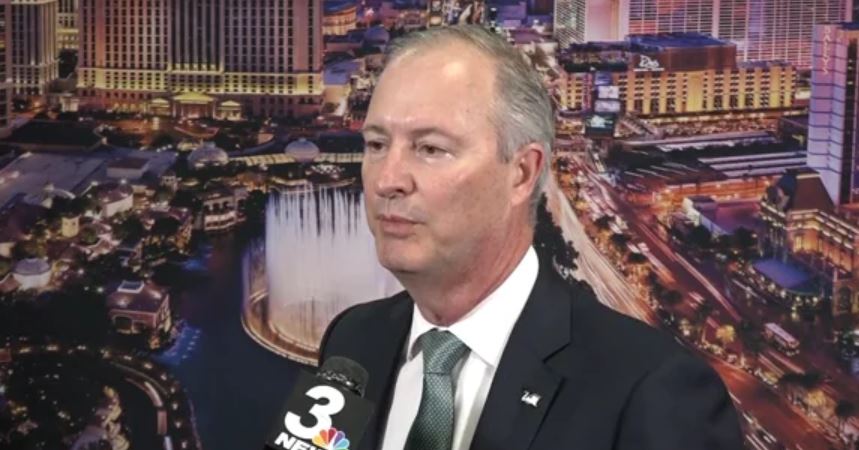LAS VEGAS – The Las Vegas Convention and Visitors Authority (LVCVA) Board of Directors today made a monumental decision that will revolutionize Southern Nevada’s transportation. The 14-member Board approved a recommendation to select Elon Musk’s The Boring Company (TBC) to design, construct and operate a people mover for the Las Vegas Convention Center via a loop of underground express-route tunnels that could carry passengers in autonomous electric vehicles at high speeds. The innovative project has the potential to connect Downtown, the Las Vegas Convention Center, the Las Vegas Boulevard Resort Corridor, McCarran International Airport and beyond.
“Las Vegas has maintained its reputation as a leading travel destination because we are driven by innovation and hospitality,” said LVCVA CEO and President, Steve Hill. “This project is an example of how our leading principles can create an experience benefitting our community and valued visitors.”
Currently in the midst of an expansion, the Las Vegas Convention Center will span 200 acres when complete in time for CES in 2021. Conventioneers walking the facility from end to end would log approximately two miles creating the need for an on-property guest transportation solution. In 2018, Las Vegas had more than 42 million visitors. The Las Vegas Convention Center hosts more than 1 million convention attendees annually. The Regional Transportation Commission of Southern Nevada carries approximately 12 million passengers per year within the Las Vegas Boulevard Resort Corridor.
“Las Vegas is a high-energy, high-technology destination equipped to welcome the world, and we are excited to deliver a system that will help visitors efficiently navigate the city’s many offerings,” said Steve Davis, president, The Boring Company.
Founded by Elon Musk, TBC is a leader in innovative transportation technology. Its projects include a Research and Development (R&D) Test Tunnel in Hawthorne, California. The R&D Test Tunnel represents a fully operational 1.14-mile Loop system that cost less than $10 million per mile including internal tunnel infrastructure.

















